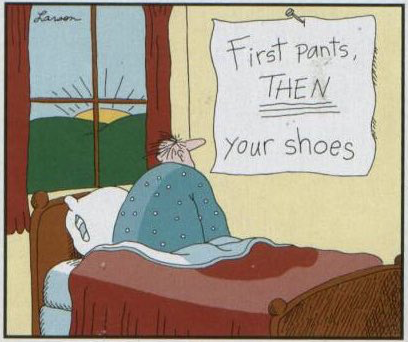It’s a crucial distinction to make, because they are entirely opposed. My research update this week dissects Froma Harrop’s op-ed in The News & Observer this week, which showed no awareness of that distinction. She supports her key point — “Renewable energy has become competitive, and the fossil fuel producers know it” — with example after example of cronyism rather than competition.
As is my wont, I return to foundational terms.
What is competition? It is “the core concept around which all modern economics is built,” as George Mason University economist Jack High wrote for the Concise Encyclopedia of Economics. It is based on a market economy that respects private property rights of consumers and providers:
The competitive process that has wrought these enormous changes is governed by rules that, taken collectively, we call the market economy or the system of private property. This system recognizes the right of each person to use his property as he sees fit, and to keep the fruits of his labor. This leaves the worker free to pursue the occupations for which he thinks himself best suited. It leaves the entrepreneur free to explore new forms of production.
There is still a kind of competition in systems in which market competition isn’t allowed, as High points out, such as in socialist economies. This competition is not to woo consumers, but to capture government planners. To be “competitive” in that sense is to be able to compete for government favoritism successfully.
One word for such a perverse system of competition is cronyism. Under cronyism, as Investopedia explained it:
Instead of success being determined by a free market and the rule of law, the success of a business is dependent upon the favoritism that is shown to it by the ruling government in the form of tax breaks, government grants and other incentives.
Alongside incentives, of course, sometimes government favoritism includes hitting their competitors with penalties and disincentives or even forbidding public discussions.
Cronyism is directly opposed to market competition. After all, you don’t have government forcing people to do what they’d do anyway. That’s why there’s no law saying you have to put on your pants before your shoes.



